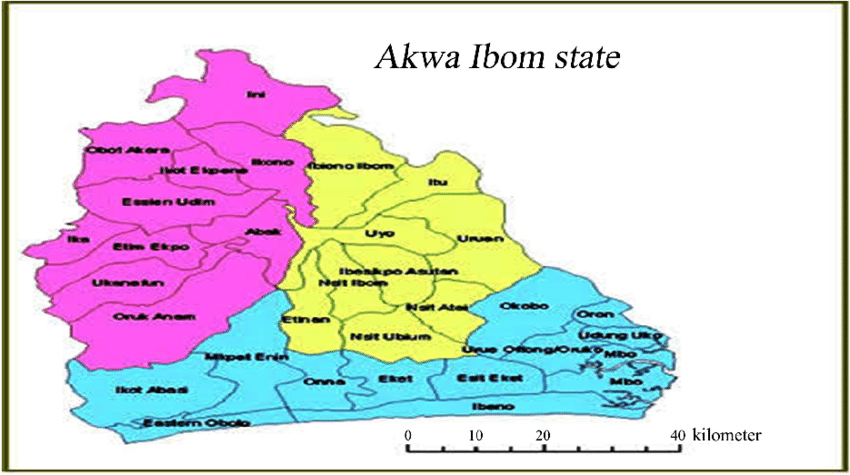Akwa Ibom State is one of the 15 Nigerian states that are classified fairly miserable.
The Chief Executive Officer of Financial Derivatives Company Limited (FDC), Mr. Bismarck Rewane, further mentioned Katsina, Kebbi, Kaduna, FCT, Nasarawa, Kogi, Benue, Enugu, Delta, Imo, Bayelsa, Rivers and Ebonyi, the remaining fairly miserable.
Rewane who made this known in a paper entitled NIGERIA: Resource Rich & Cash Poor; Plenty Potential …Little Actual he presented to mark the 60th Independence Anniversary of Nigeria listed nine states in the country could be classified as fairly prosperous.
These states, according to him, are Kwara, Oyo, Osun, Ekiti, Ogun, Ondo, Edo, Lagos and Anambra
He also said 12 states fell within the category of highly miserable in the country. These states are Yobe, Borno, Jigawa, Kano, Bauchi, Gombe, Plateau, Adamawa, Taraba, Sokoto, Zamfara and Niger.
Anambra State, according to him, has the least incidence of poverty in the country with 14.2 per cent while Taraba State scored the highest on the misery index with 39.1 per cent.
The prosperity/misery index, as presented by Rewane, showed the level of prosperity or poverty in the country. Hundred per cent on the index represented perfect or total miseries while zero per cent represents perfect prosperity.
Above 40 per cent stand for acute misery or poverty while Nigeria’s average scores of 26.3 per cent fell within the fairly miserable category.
The financial expert recommended the emergence of dynamic leadership and strong institutions in order for the country to achieve positive economic outcomes, adding that “Nigeria needs a big-push that could awaken the sleeping giant “to break out of the vicious cycle of poverty.”
The CEO said the big push would provide economic stimulus, eliminate constraint and structural bottlenecks and build robust fiscal and external buffers through fiscal discipline, prudency and diversification of the country’s revenue base
Rewane, however, said that the country is currently facing a binary choice, which is either to “do nothing” or pursue “revolutionary change” in the management of the economy.

